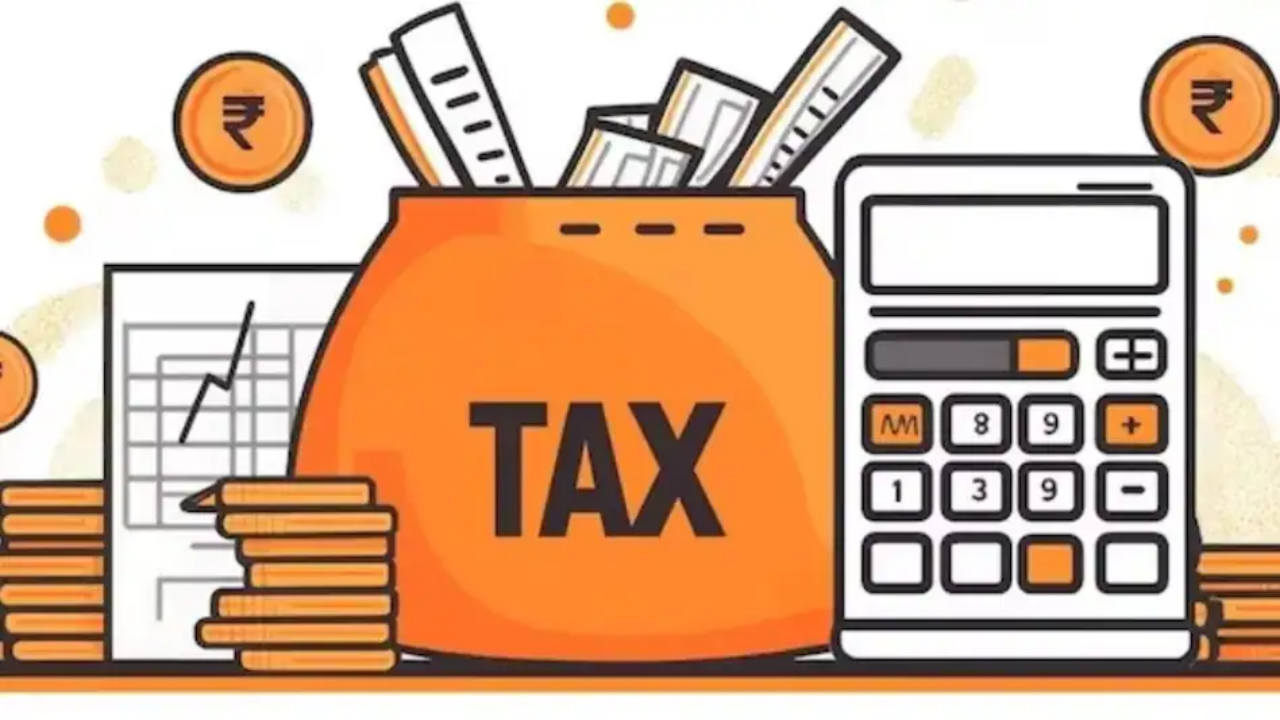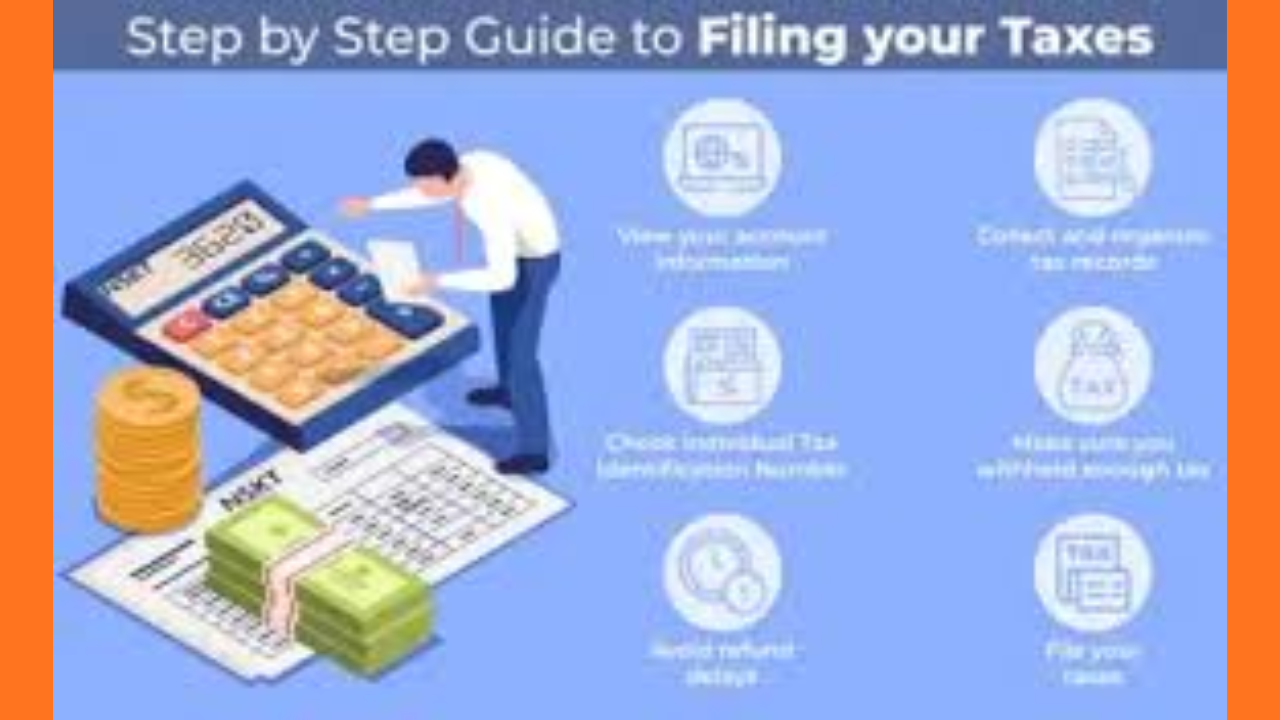The tax rebate under Section 87A is determined by your total taxable income, not just the portion taxed at normal slab rates. If your total income exceeds the prescribed limit, you are not eligible for the rebate, even if a part of your income falls within the limit.
Thank you for reading this post, don't forget to subscribe!Given your scenario, since your total income of Rs 15 lakh exceeds the limit, you cannot claim the rebate.
Here is a breakdown of your correct tax liability and a comparison with a scenario where the rebate would apply.
Your Tax Computation (Total Income > Rs 12 Lakh)
Your tax liability on a total income of Rs 15 lakh would be computed on both income components separately.
- On Normal Income (Rs 12 lakh):
- Your tax at standard slab rates is Rs 60,000.
- On LTCG from Equity (Rs 3 lakh):
- The exemption under Section 112A for long-term capital gains is Rs 1 lakh.
- Taxable LTCG: Rs 3 lakh – Rs 1 lakh = Rs 2 lakh.
- The tax rate on this is 10%.
- Tax on LTCG: 10% of Rs 2 lakh = Rs 20,000.
- Total Tax Before Cess: Rs 60,000 + Rs 20,000 = Rs 80,000.
- You are not eligible for the Section 87A rebate, as your total income is above the limit.
- Your final tax liability will be Rs 80,000 plus the applicable Health and Education Cess.
Comparison: When the Rebate Applies (Total Income < Rs 12 Lakh)
Let’s consider a different scenario to highlight how the rebate works.
Suppose your total income is Rs 11.8 lakh, composed of:
- Rs 11 lakh from salary (normal income)
- Rs 80,000 as LTCG on equity mutual funds
Here’s how the tax would be calculated in this case:
- Tax on Normal Income (Rs 11 lakh): Tax at slab rates is Rs 45,000.
- Tax on LTCG (Rs 80,000): Since this amount is less than the Rs 1 lakh exemption under Section 112A, there is no tax liability on this income.
Because your total taxable income (Rs 11.8 lakh) is below the limit, you are eligible for the rebate. The rebate amount is the lower of your tax liability on normal income or the maximum rebate amount. In this case, the rebate of Rs 45,000 would fully offset your tax on normal income.
Therefore, your total tax liability in this scenario would be zero (plus cess on any remaining tax).
This comparison illustrates that the total income is the crucial factor for Section 87A eligibility. It is not sufficient for just your normal-rate income to be within the limit.

















